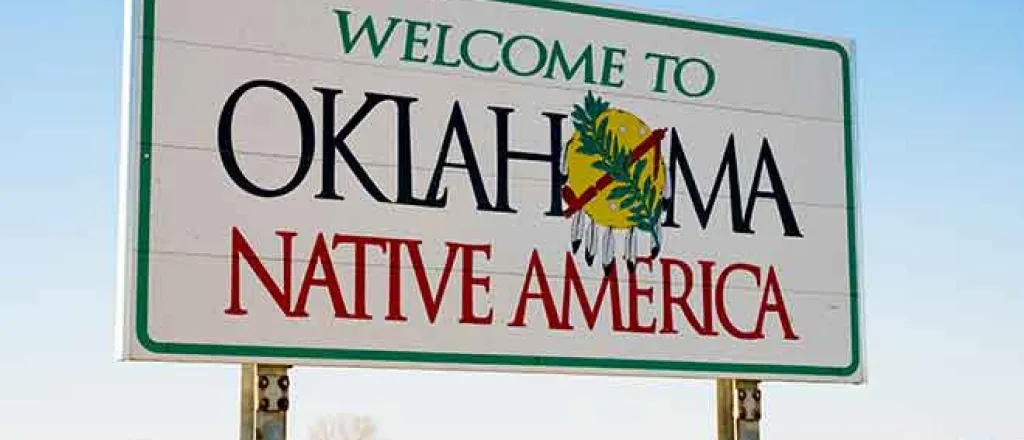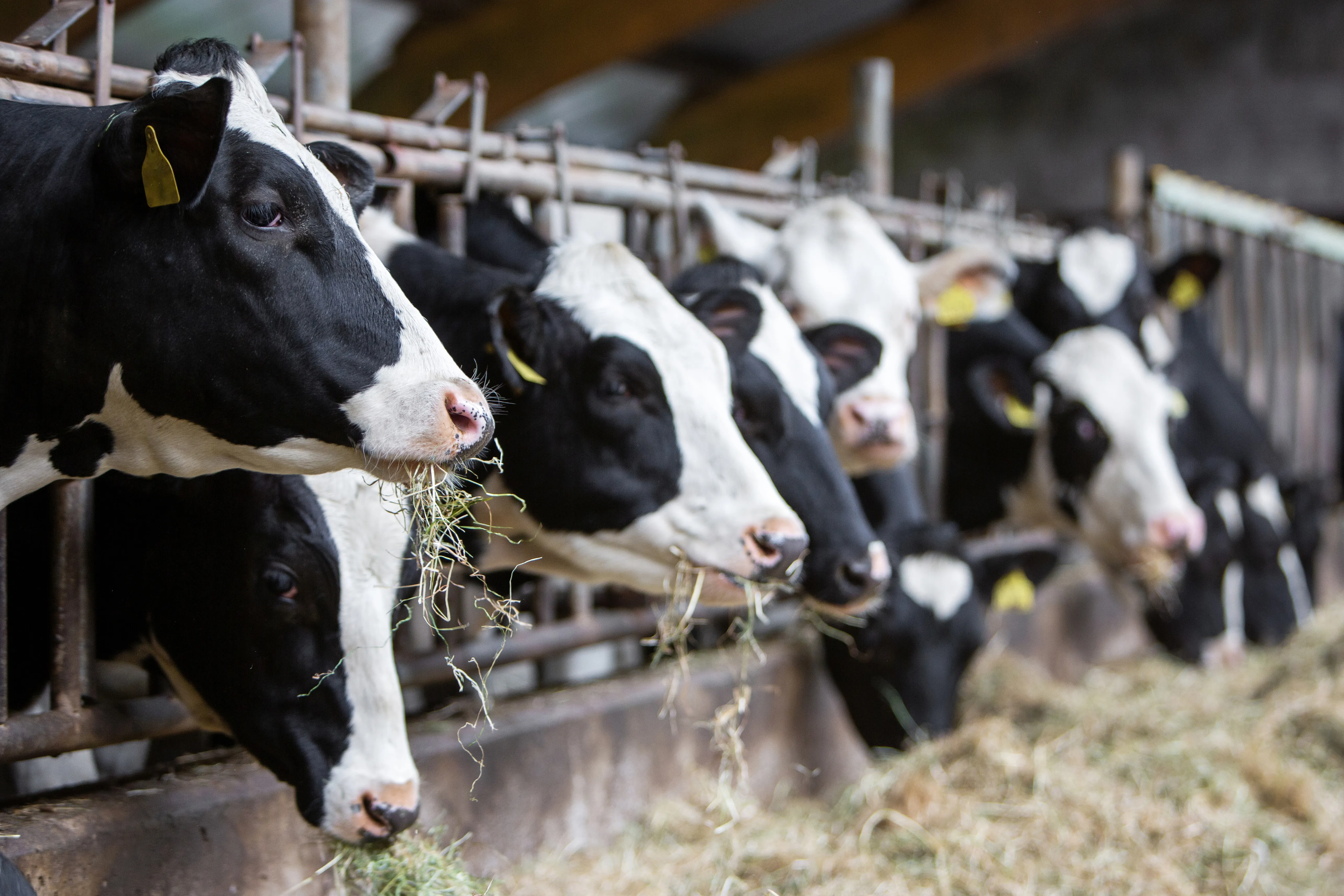
Oklahoma adjourns 2021 legislative session without passing any constitutional amendments
The Oklahoma State Legislature adjourned its 2021 state legislative session on May 27. The legislature did not refer any constitutional amendments to the ballot during the 2021 legislative session. One constitutional amendment, House Joint Resolution 1001, was passed unanimously in the House but did not receive a vote in the Senate before the session adjourned. The legislature may consider the amendment again for referral to the 2022 ballot during its 2022 legislative session.
HJR 1001 would change how the Rainy Day Fund’s maximum balance is calculated. Currently, the state’s Constitutional Reserve Fund (Rainy Day Fund) has a maximum allowed balance of 15% of the General Revenue Fund certification for the preceding year. The amendment would change how the maximum balance is calculated to 15% of total expenditures for the previous fiscal year. The total expenditures would exclude money expended from revolving funds, funds with money derived from fees or non-tax revenues, and proceeds from a bond or debt obligation. In the amendment’s fiscal impact statement, legislative analysts said that “the provisions will increase the basis on which the calculation of the fund balance maximum is made, perhaps as much as a one hundred percent (100%) increase. This will result in the ability for the fund to receive more surplus funds.”
Oklahoma also allows for citizen-initiated constitutional amendments, citizen-initiated state statutes, and veto referendums, making it one of 26 states in which statewide ballot measures can qualify for the ballot through a signature petition. The number of signatures required to qualify initiatives and veto referendums for the ballot is tied to the total votes cast for governor in the last gubernatorial election. For a signature petition to initiate a constitutional amendment, proponents must collect valid signatures equal to 15% of votes cast for governor – 177,958 for the 2022 ballot. For initiated state statutes, the requirement is 8% – 94,911 for the 2022 ballot – and for veto referendums, the requirement is 5% – 59,320 for the 2022 ballot.
One initiative petition has been filed targeting the 2022 ballot. The measure is a veto referendum that was designed to repeal House Bill 1674. HB 1674 would (1) make unlawfully obstructing use of public roads a misdemeanor and prescribe penalties for those found guilty of participation in a riot and (2) grant criminal and civil immunity in certain circumstances to vehicle operators who flee from a riot if they cause injury or death.
Once an initiative petition is filed, protests may be filed challenging the sufficiency of the petition within 10 days after the notice of filing is published. The Secretary of State sets the date for signature collection to begin at least 15 days (but no more than 30 days) after any/all protests challenging the petition have been resolved. Initiatives can be circulated for a maximum of 90 days. Signatures are due by 5:00 p.m. local time on the 90th day. State election officials in Oklahoma recommend filing a proposed initiative during the first months of the year preceding the targeted election year due to the two periods during which challenges may be filed against an initiative. For example, to qualify an initiative for the November 2022 ballot, Oklahoma election officials recommended filing the initiative proposal in the early months of 2021. For a measure to appear on the ballot, signatures must be submitted long enough in advance for the governor to issue an election proclamation, which must be issued and certified to the State Election Board at least 70 days prior to an election (August 30, 2022, to qualify for the November 8, 2022, ballot).
A total of 71 measures appeared on statewide ballots in Oklahoma from 2000 to 2020, including five measures that appeared on the ballot during even-numbered years. Of the measures, 74.65% (53 of 71) were approved, and 25.35% (18 of 71) were defeated.

















